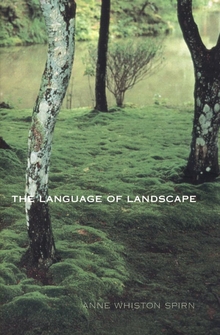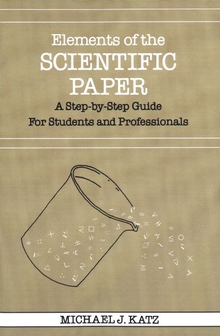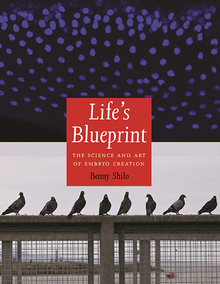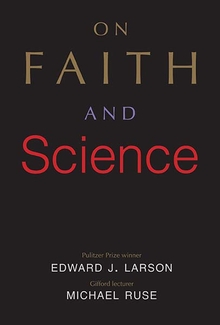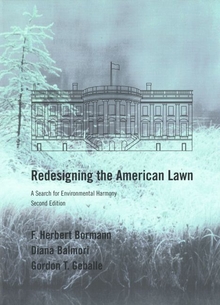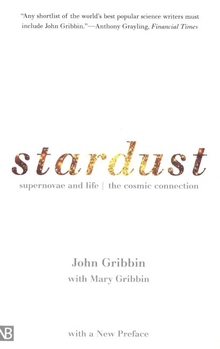The Language of Landscape
WARNING
You are viewing an older version of the Yalebooks website. Please visit out new website with more updated information and a better user experience: https://www.yalebooks.com
Anne Whiston Spirn
Offering examples that range across thousands of years and five continents, Spirn examines urban, rural, and natural landscapes. She discusses the thought of renowned landscape authors—Thomas Jefferson, Frank Lloyd Wright, Frederick Law Olmsted, Lawrence Halprin—and of less well known pioneers, including Australian architect Glenn Murcutt and Danish landscape artist C. Th. Sørensen. She discusses instances of great landscape designers using landscape fluently, masterfully, and sometimes cynically. And, in a probing analysis of the many meanings of landscape, Spirn shows how one person’s ideal landscape may be another’s nightmare, how Utopian landscapes can be dark. There is danger when we lose the connection between a place and our understanding of it, Spirn warns, and she calls for change in the way we shape our environment, based on the notions of nature as a set of ideas and landscape as the expression of action and ideas in place.
“This remarkable book urges readers to understand the common language of landscape which speaks to all our senses every day. Primitive peoples lived closely within the landscape and instinctively understood that landscape was the source and matrix of their lives. Anne Spirn strives to describe the permutations of this shared language as a resource to enrich modern man’s dialogue with nature as well as with the man made landscape.”—Lawrence Halprin, Fellow of the American Society of Landscape Architects
“Anne Whiston Spirn brings to her reading of landscapes the eye of an artist, the mind of a scholar, and the pen of a gifted writer. What she has produced is nothing less than a field guide for all who share her belief that the language of landscape is among the richest and most meaningful that any of us can ever hope to understand. The result is a triumph. There are a few books that have the power to change the way one sees the world. This is one of them.”—William Cronon, Frederick Jackson Turner Professor of History, Geography, and Environmental Studies at the University of Wisconsin-Madison
“Landscape speaks to us. But how? Anne Spirn’s superb and unique achievement is to spell out the 'how' so that we can better understand landscape’s variant dialects—its distinctive personalities—and respond intelligently, with appropriate emotion.”—Yi-Fu Tuan, emeritus professor of Geography, University of Wisconsin-Madison
"Anne Whiston Spirn brings to her reading of landscapes the eye of an artist, the mind of a scholar, and the pen of a gifted writer. What she has produced is nothing less than a field guide for all who share her belief that the language of landscape is among the richest and most meaningful that any of us can ever hope to understand. The result is a triumph. There are a few books that have the power to change the way one sees the world. This is one of them.”—William Cronon, author of Changes in the Land, Nature’s Metropolis, and Uncommon Ground
“A readable and authoritative book. The concept that the landscape is a book that might be read by those who are literate is an old idea, recalled, for example, in Mary Watts little book, Reading the Landscape years ago. Anne Spirn has taken this idea and enlarged it into a penetrating, realistic, and spiritual understanding of the earth in the special context of language and literature.”—Frank B. Golley
“Spirn has thought deeply about landscape and human responses to it. Her new book . . . offers a myriad of stimulating impressions and suggestions and pursues a wide array of intellectual issues. . . . All will appreciate Spirn’s sensitive eye and her vivid descriptions.”—Choice
“Anne Spirn offers a profound, new theoretical synthesis in The Language of Landscape. [A] wonderful book . . . Spirn delivers not only a good theory, but also a profound synthesis of good theories.”—Frederick Steiner, Landscape Journal
“One of the most profound and well written books on landscape I have ever read. . . . Spirn’s writing is lucid and lyrical, she creates detailed word pictures using few visual prompts, she is perspicacious and above all honest. I have no doubt that this will become a seminal text.”—Annabel Downs, Landscape Design
“Those seriously interested in restoration ought to take note: though evolved in an urban realm, her ideas apply quite directly to the restoration of damaged wildlands; she makes us all pay attention to designs of parks—local, regional, state, and national. The Language of Landscape won me over.”—Michael P. Cohen, Isle
“Part personal memoir and part how-to book on design, Anne Whiston Spirn’s new book is a crusade for landscape literacy.”—Karl H. Offen, Journal of Cultural Geography
“A truly captivating and thought-provoking book that seeks to teach its readers to interpret the message and dialects of landscape. . . . It offers interpretations of landscape evolution, reviews the history and theory of landscape study, dips into political and polemical aspects, evaluates cases for conservation and explores many aspects of the related literature. . . . There could scarcely be a more inviting introduction to the aesthetic perspectives.”—Richard Muir, Landscapes
Publication Date: May 11, 2000
84 b/w illus.

